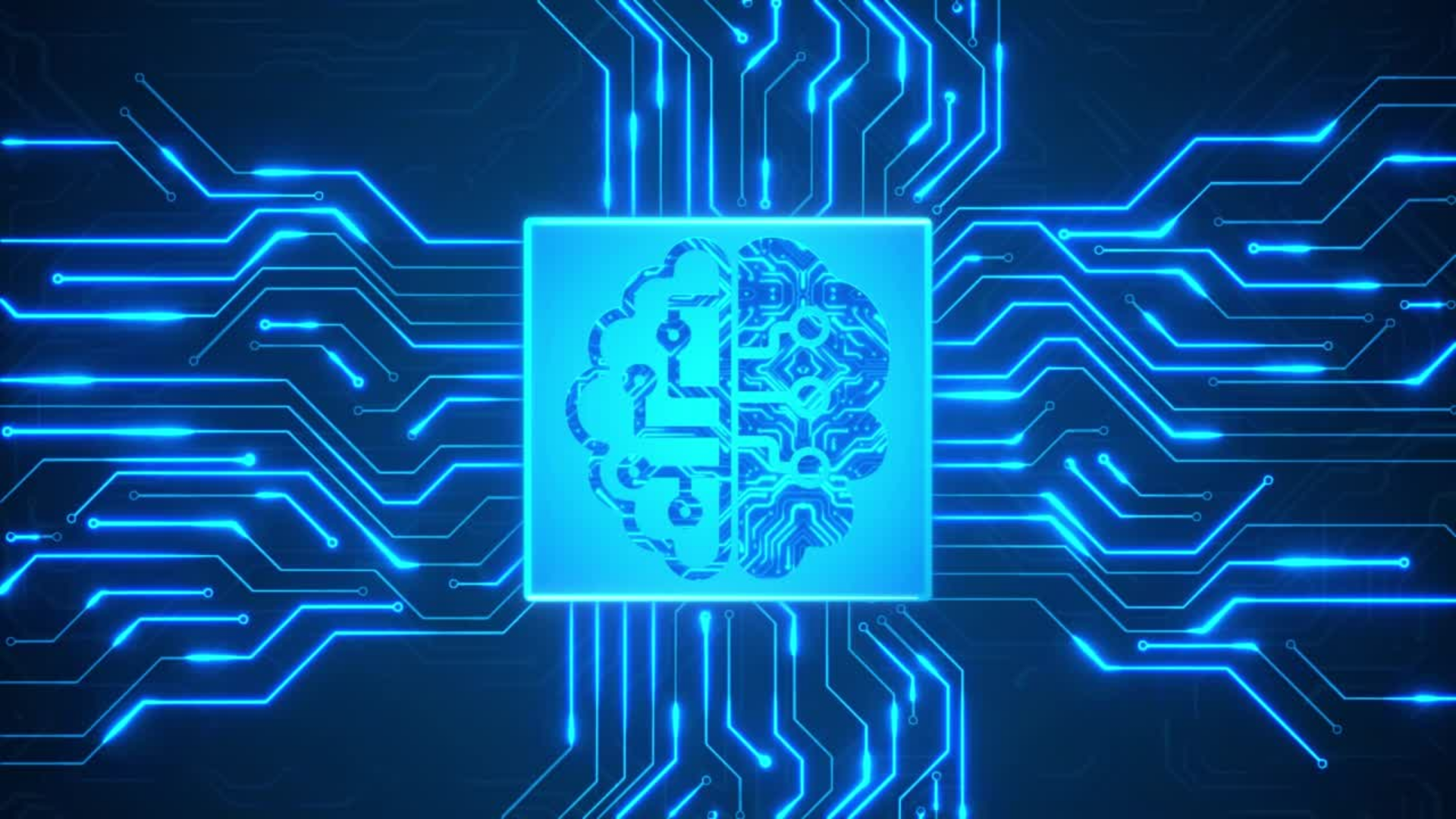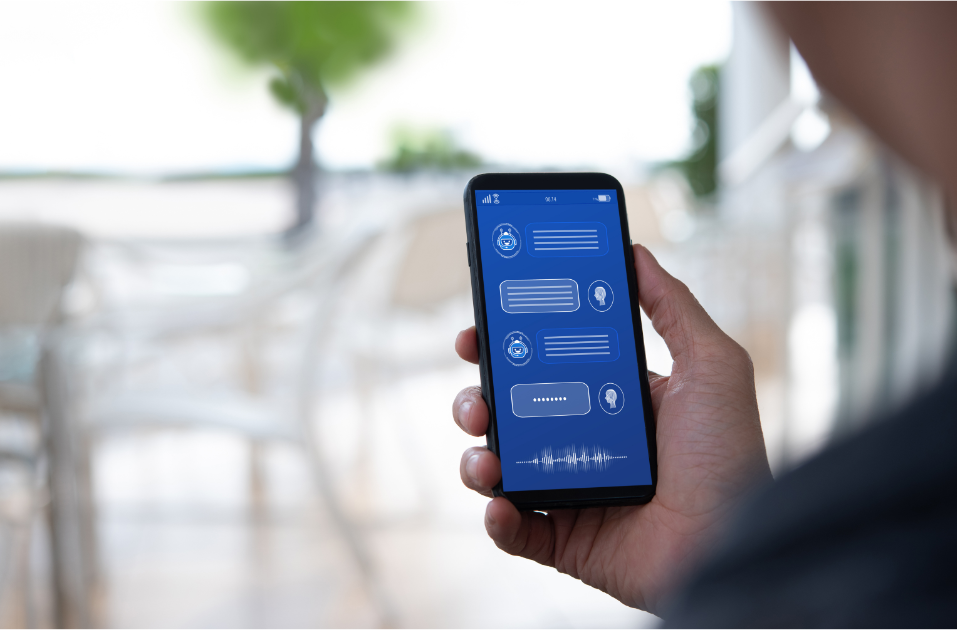Artificial Intelligence (AI) has been revolutionizing industries across the board, and the field of talent recruitment is no exception. AI-powered tools like ChatGPT are becoming increasingly popular in the recruiting process due to their ability to automate tasks, improve efficiency, and reduce bias. This blog is about The Role of ChatGPT in Recruiting.
ChatGPT, a natural language processing model, can conduct conversations with humans, answer questions, and generate responses in a way that closely resembles human communication. With the ability to learn and improve over time, ChatGPT has become a powerful tool for talent acquisition professionals looking to streamline their recruiting process.
The adoption of AI and ChatGPT in recruiting is expected to continue growing in the coming years. A recent study conducted by LinkedIn found that over 50% of recruiters believe that AI will have a significant impact on their industry in the near future. Additionally, the COVID-19 pandemic has accelerated the use of AI and automation in the recruiting process as companies seek to fill positions remotely.
One of the most exciting applications of AI in HR is the use of chatbots and chatGPT in the recruiting process. Chatbots are virtual assistants that can simulate human conversation, while ChatGPT is a more advanced form of chatbot that uses machine learning algorithms to understand natural language and provide more complex responses.
In this article, we will talk about the revolutionizing talent tcquisition and the role of ChatGPT in recruiting. We will explore the main advantages and risks of using ChatGPT and chatbots in the recruiting process and for HR in general.
Main advantages
Increased Efficiency
One of the most significant advantages of using ChatGPT and chatbots in recruiting is increased efficiency. Chatbots can be programmed to automate routine HR tasks. Some examples are answering candidate questions, scheduling interviews, and even reviewing resumes. This frees up HR professionals to focus on more complex and strategic tasks. They can focus on building relationships with candidates and developing hiring strategies. In addition, chatbots can work around the clock, providing 24/7 support to candidates and employees. This can speed up the recruiting process significantly.
Enhanced Candidate Experience
Another advantage of using ChatGPT and chatbots in recruiting is the potential to enhance the candidate experience. By providing quick and accurate responses to candidate questions and feedback, chatbots can help candidates feel more engaged and invested in the recruiting process. Chatbots can also provide personalized communication and follow-up, which can help candidates feel valued and increase their likelihood of accepting a job offer.
Improved Hiring Decisions
ChatGPT and chatbots can improve the quality of hiring decisions by providing data-driven insights into candidate behavior and performance. For example, chatbots can analyze candidate responses to interview questions and provide recruiters with insights into candidate strengths and weaknesses. This can help recruiters make more informed hiring decisions and select the best candidates for the job.
Increased Diversity and Inclusion
Yet another benefit is that ChatGPT and chatbots can help increase diversity and inclusion in the recruiting process. By removing human biases from the recruiting process, chatbots can help ensure that all candidates are evaluated based on their qualifications and skills rather than subjective factors such as race or gender. This can help companies create more diverse and inclusive workforces, which have been shown to be more innovative and productive.
Reduced Recruiting Costs
Using ChatGPT and chatbots in recruiting can also help reduce recruiting costs. By automating routine tasks and streamlining the recruiting process, chatbots can help HR professionals work more efficiently and effectively, which can reduce the need for additional staff. In addition, chatbots can help reduce recruiting advertising and marketing costs by providing targeted outreach to potential candidates
Scalability
ChatGPT and chatbots are highly scalable, which means that they can handle large volumes of data and interactions without slowing down or becoming overwhelmed. This makes them ideal for recruiting, where companies may need to handle thousands of job applications and candidate interactions at once. Chatbots can quickly and efficiently respond to candidate questions and provide personalized feedback, which can help companies manage high volumes of candidate interactions without sacrificing quality.
Increased Data Collection and Analysis
ChatGPT and chatbots can also help increase data collection and analysis in recruiting. By collecting data on candidate interactions and behavior, chatbots can provide HR professionals with valuable insights into the recruiting process. This can help companies identify areas where they can improve their recruiting strategy, such as candidate outreach, interview questions, or job descriptions.
Improved Employer Branding
Using ChatGPT and chatbots in recruiting can also help improve employer branding. Chatbots can provide personalized and engaging communication to candidates, which can help create a positive impression of the company. In addition, chatbots can help companies provide consistent and transparent communication throughout the recruiting process, which can help build trust and increase
Personalized experience
Another significant advantage of using ChatGPT and chatbots in the recruiting process is their ability to provide a personalized experience to candidates. With the help of AI, chatbots can collect information about candidates and provide tailored responses based on their preferences and qualifications. This can improve the candidate experience and make them feel valued and appreciated by the company.
Attract and retain top talent
In addition, using ChatGPT and chatbots can help companies attract and retain top talent. With the use of AI, chatbots can provide a faster and more efficient recruiting process, which can lead to a better candidate experience. This can help companies stand out from their competitors and attract top talent to their organization.

Overall, the use of ChatGPT and chatbots in the recruiting process can bring numerous benefits to HR professionals and companies. These tools can improve efficiency, accuracy, personalization, cost savings, and decision-making. By embracing AI and chatbot technology, HR professionals can streamline their recruiting process and improve the overall experience for candidates, leading to a stronger and more successful organization.
While the benefits are numerous, it is important to take into consideration the potential downsides as well. As with any new technology, using chatbots and AI in the recruiting process does come with some risks that HR professionals need to be aware of.
Potential downsides
Bias in AI
One of the biggest concerns with using AI in recruiting is the potential for bias. If the algorithms that power AI systems are not carefully designed and monitored, they can perpetuate and even amplify existing biases, leading to discriminatory outcomes. For example, an AI system may unfairly reject candidates based on their race or gender, or recommend certain candidates based on factors that have nothing to do with their qualifications.
Lack of personal touch
Another risk associated with chatbots and AI is the potential loss of the personal touch that is so important in the recruiting process. While chatbots can handle many routine tasks, they are not capable of building personal relationships with candidates or providing the human touch that many applicants crave.
Technical issues
As with any technology, there is always the risk of technical issues or glitches that could impact the recruiting process. For example, a chatbot may malfunction and provide inaccurate or incomplete information to candidates, which could harm the employer’s reputation and deter top talent from applying.
Privacy concerns
Using chatbots and AI in recruiting can also raise privacy concerns, particularly if the technology is collecting and processing sensitive personal information about candidates. Employers need to be transparent about how the technology is being used and ensure that they are in compliance with relevant data protection laws and regulations.
Inaccuracy of AI
While AI has come a long way in recent years, it is still not infallible. AI algorithms can make mistakes or misinterpret data, leading to inaccurate recommendations or decisions that can impact the recruiting process.
Unforeseen consequences
Introducing chatbots and AI into the recruiting process can also have unforeseen consequences that may not be immediately apparent. For example, it may change the dynamics of the recruiting process in ways that are not entirely positive, or it may lead to unintended consequences that could impact the employer’s brand or reputation.
Lack of empathy
While chatbots can simulate human conversation to a certain extent, they lack the emotional intelligence and empathy that is so important in the recruiting process. This can lead to candidates feeling unheard or misunderstood, which can harm the employer’s reputation and deter top talent from applying.
Overreliance on technology
There is a risk that employers may become over-reliant on chatbots and AI in the recruiting process, and overlook the importance of human judgment and intuition. While these technologies can certainly help streamline the process and improve efficiency, they should never replace the essential role that human recruiters play in the process.
Cost
Implementing chatbots and AI in the recruiting process can be expensive, particularly for small and medium-sized businesses. Employers need to carefully weigh the costs and benefits before investing in these technologies, and ensure that they have the resources to support their use.
Resistance from candidates
Finally, there is a risk that candidates may be resistant to the use of chatbots and AI in the recruiting process, particularly if they feel that the technology is impersonal or invasive. Employers need to be transparent about how the technology is being used and ensure that candidates feel comfortable and informed throughout the process.
Overall, the use of AI and ChatGPT in recruiting is poised to transform the industry, enabling recruiters to more efficiently and effectively find the best talent for their organizations. However, it is important to approach the adoption of these technologies with caution and consideration for the potential risks and challenges that may arise.
References
- Jain, V. (2021, January 6). How AI Chatbots are Revolutionizing the Recruitment Industry. Analytics Insight. https://www.analyticsinsight.net/how-ai-chatbots-are-revolutionizing-the-recruitment-industry/
- Gualandi, M. (2021, February 15). Chatbots in HR: How to Make Your HR Processes Smarter. Chatbot Life. https://chatbotlife.com/chatbots-in-hr-how-to-make-your-hr-processes-smarter-3b5b26631ee
- De Baets, S. (2021, February 16). The Impact of AI Chatbots in Recruitment. Medium. https://medium.com/analytics-vidhya/the-impact-of-ai-chatbots-in-recruitment-7943839c9be8
- Jones, M. (2021, February 4). The Benefits of Using Chatbots in Recruitment. Chatbot Magazine. https://chatbotsmagazine.com/the-benefits-of-using-chatbots-in-recruitment-8808f87e0905
- Mukherjee, S. (2021, February 22). Are HR Chatbots Effective or Risky? People Matters. https://www.peoplematters.in/article/hr-technology/are-hr-chatbots-effective-or-risky-28792
- Bhasin, H. (2021, January 15). The Risk of Using AI and Chatbots in Recruitment. HR Technologist. https://www.hrtechnologist.com/articles/recruitment-onboarding/the-risk-of-using-ai-and-chatbots-in-recruitment/





